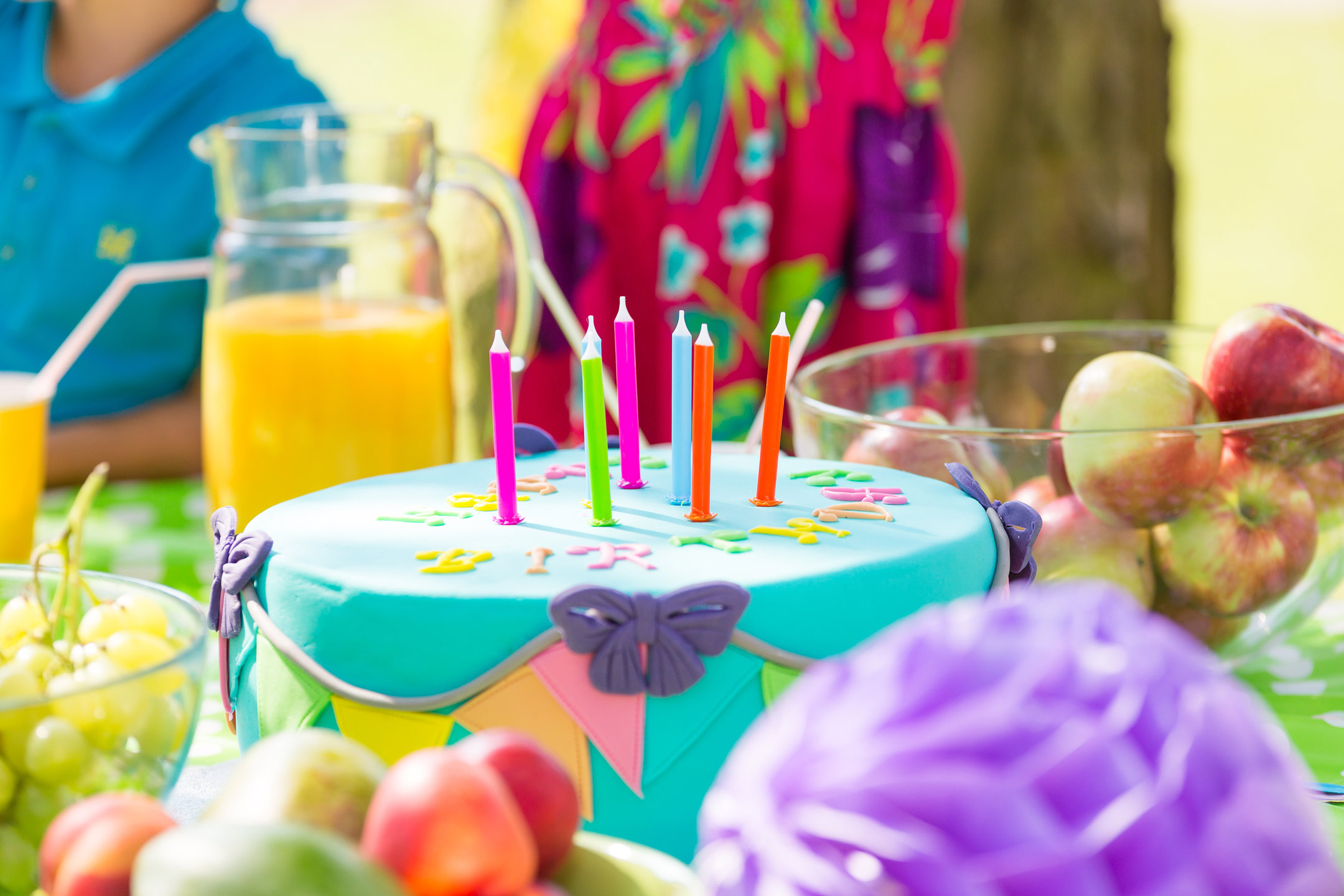
23 Jun Minimal Lessons: the experience of growing up with less
Evengia van Berkel is on a cultural learning curve as she enters the world of children’s birthday parties in Australia.
As parents, we’re on a steep learning curve from day one, even more so when raising children in a different country or culture from our own. It applies to all aspects of parenting – schools, homework, extracurricular activities and visits to the doctor. Everything is a greater challenge, and children’s birthday parties are no exception.
I will never forget the first ‘big’ birthday parties I organised for my daughters. It’s natural to be nervous as a parent host – in my case I was breaking out in a sweat. It was not only new to me as a mother, but I didn’t know much about what it involved. I didn’t celebrate my birthdays the way they’re celebrated in Australia.
To get started, I read a pile of children’s party books. I was determined to host a picture-perfect party, yet those books only added to my exasperation. There was an array of things to plan and act upon: venue selection, party theme, handmade invitations, menus that considered guests’ dietary requirements, shopping lists, games, entertainers, decorations, colourful tableware matching the theme, ‘goodie’ bags (the existence of which I still don’t understand) and thank-you cards. If money were no object, you could easily become giddy considering the options.
 It’s no exaggeration to say I was an alien to this party business. I grew up in the late 1970s and 1980s in remote Eastern Siberia, more than 5000km from Moscow. While we didn’t have Cuban-style empty shop shelves, they weren’t bursting with abundance. We didn’t starve, but we weren’t spoilt for choice either. People had to be inventive, so they grew vegies, picked berries and mushrooms in summer, fished and bought meat in bulk from farmers.
It’s no exaggeration to say I was an alien to this party business. I grew up in the late 1970s and 1980s in remote Eastern Siberia, more than 5000km from Moscow. While we didn’t have Cuban-style empty shop shelves, they weren’t bursting with abundance. We didn’t starve, but we weren’t spoilt for choice either. People had to be inventive, so they grew vegies, picked berries and mushrooms in summer, fished and bought meat in bulk from farmers.
During long winters, pickles provided vitamins; fruit was rare. I still associate oranges with the snow, as we only ate them in winter (each year, to our excitement, Dad’s employer rewarded his staff with a box of oranges). The first banana I tried was green; without knowing it was unripe, I spat it out, questioning its exorbitant price. Sweet things – caramels, lollies and biscuits – didn’t boast an extended shelf life, and had to be eaten quickly. I had my first ice-cream when I was about six and it was made in the ice-cream machine at a local cafe.
I guess it was easier to throw a party in such circumstances, since children’s expectations weren’t high. We were happy with whatever extras were available (stashed away for special occasions), be it a box of chocolates or a tin of fruit.
For very young children, parties were usually a family occasion with aunties, uncles and a horde of cousins. Parents’ colleagues and family friends might also drop by. Instead of presents, sweets and money for the movies were often given, and gratefully accepted. For older kids, close friends were invited for a low-key celebration, with parents discreetly withdrawing into another room or going on errands. The party would often gravitate towards the kitchen, where a rich cake with massive butter-icing roses presided over the festive table.
I have memories of my paternal grandmother baking my birthday cake – thin, nearly transparent layers of pastry, iced with sweet condensed milk. We’d have it with aromatic tea from the samovar while chatting about my day at school. I absolutely adored my grandma, so having her undivided attention made me feel special.
It’s wonderful to have choice and not be deprived of essential things – I relish it now. Still, every time I get excited with grand ideas, I think of my grandma’s simple cake. Who knew that the experience of growing up with less would come in handy one day?
Illustration by Rebekah Foord

